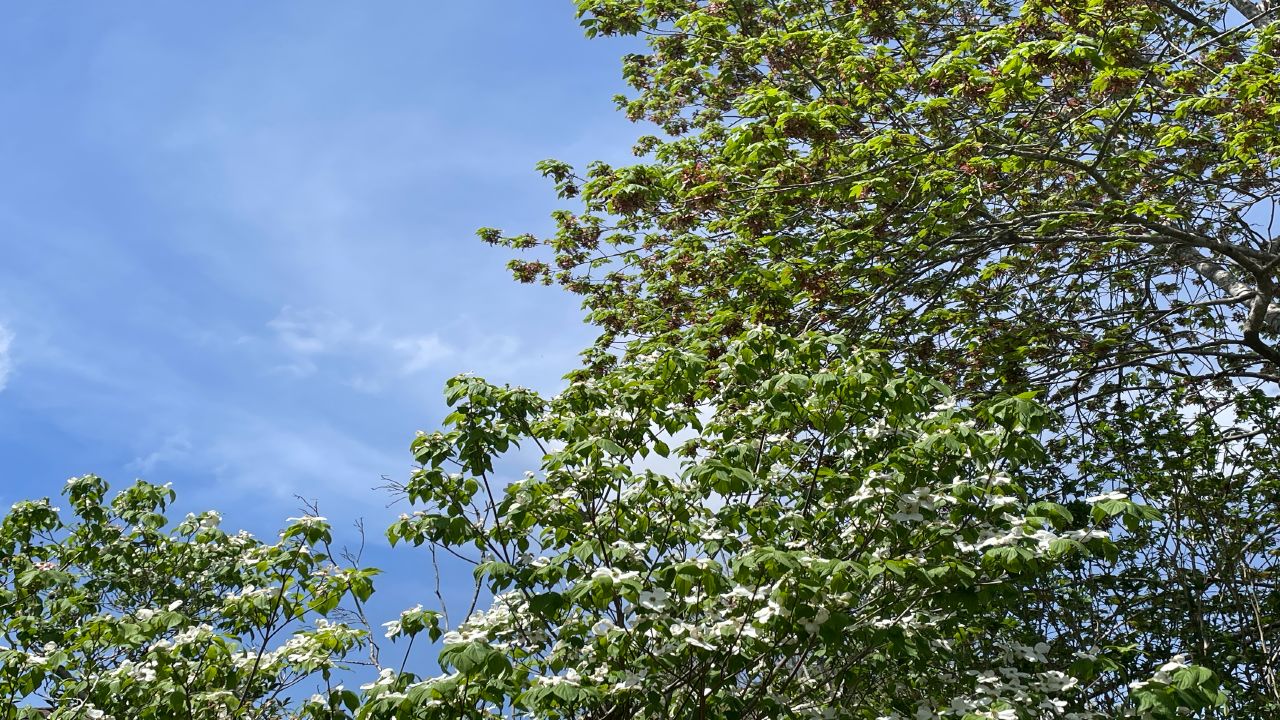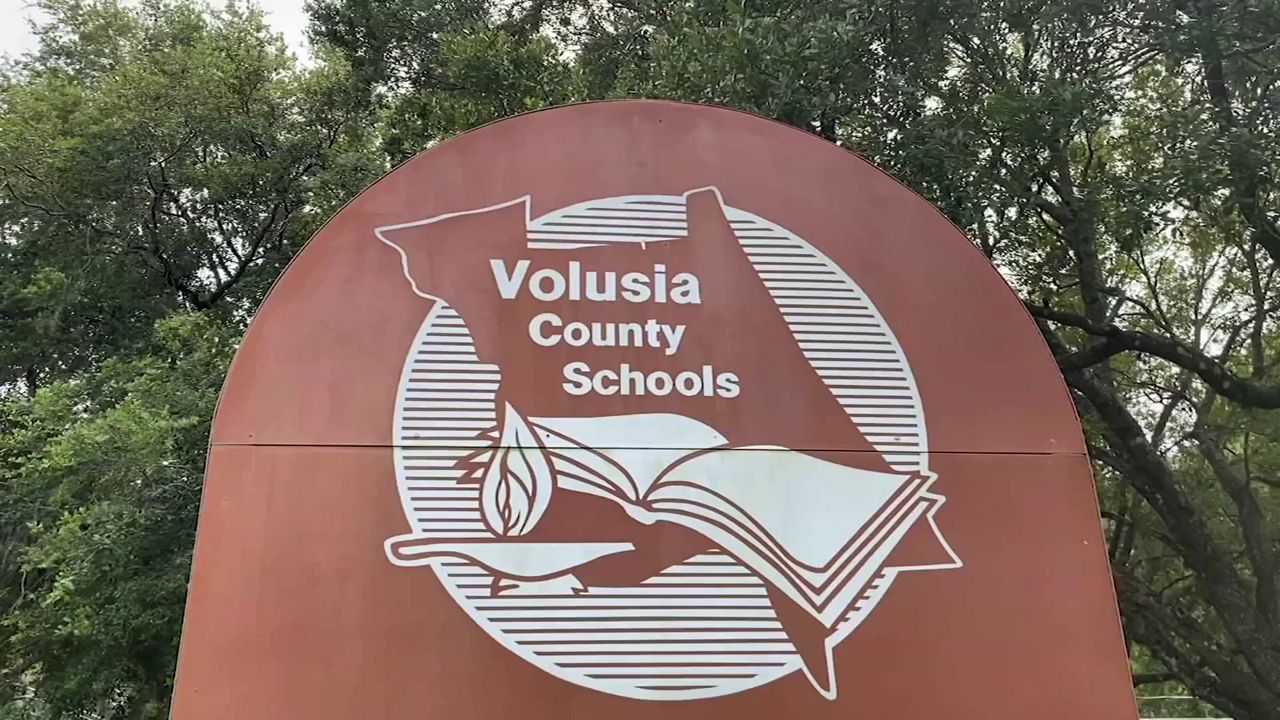ORLANDO, Fla. — Founded in 2011, a Central Florida organization for widows grew rapidly during the COVID-19 pandemic, which prompted the creation of chapters across the United States. The organization, the Modern Widows Club, provides social and educational resources to widows of all ages.
Jeanice Young, a local leader in the organization, works with new members and says she has seen heightened interest in Modern Widows Club in the last few years.
“Widows are finding us, first of all,” she said. “We have expanded and grown in so many ways. We have e-courses, we have all the clubs and a lot more places for widows to plug in.”
COVID-19, she says, was also a force behind the increased membership.
Experts say that between 2020 and 2021, one in eight deaths in the U.S. were caused by COVID-19. And since the start of the pandemic, data show that the life expectancy of a person in the U.S. has fallen by nearly three years — marking the first time in 100 years that life expectancy has dropped two years in a row.
According to the Brookings Institute, the COVID-19 death rate for men was was 1.6 times the death rate for women, leaving a growing number of women mourning the loss of a partner or spouse.
Karen Williams, a member of the Modern Widows Club in Central Florida, is one of those women. For Williams, the pandemic made her reconsider “how we’re communicating and how we’re able to spend time with people.”
When her husband, Joe, died of the illness in 2021, she was suddenly left grappling with a profound loss on top of the solitude of the pandemic.
“With the loss, you’ve got that added isolation,” she said.
A hospital staff member she had met during her husband’s prolonged hospitalization recommended the Modern Widows Club, and Williams joined.
“Having the Modern Widows Club and having the friendships makes it easier,” said Williams. “Modern Widows Club is not a grief group. It is a hope. It is a feeling of sisterhood.”
Not all members of the organization join so recently after losing a spouse.
Young, who intakes new members, joined nearly a decade after her husband passed. A former registered nurse, she sees the group as a kind of health care organization –— one that works with women experiencing a range of mental and physical health issues following their loss.
Because there is so little research on the health effects of losing a spouse, the organization has partnered with Washington University in St. Louis to track health outcomes of widows.
For Williams, taking care of her health has meant adjusting to making healthy meals for herself.
“I loved the time that Joe and I spent together, and I miss that,” said Williams. “But I also know that I want to be able to enjoy the days.”









